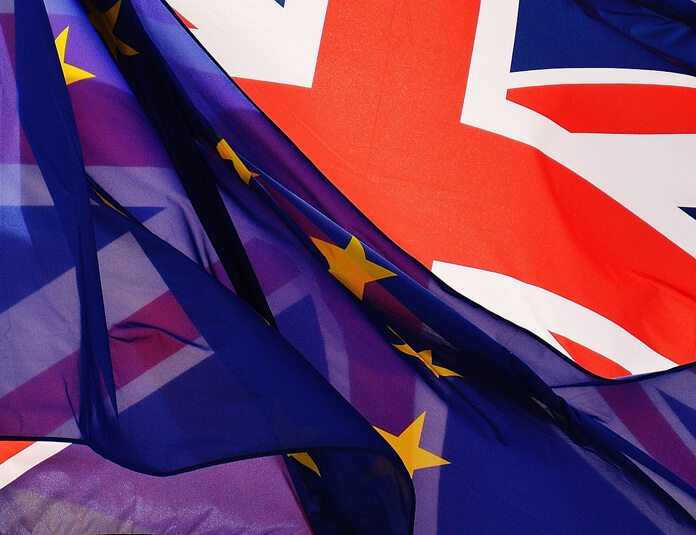With the “Brexit” vote looming just a week away, the impact of withdrawal is a topic on the tip of many tongues. What impact will this have for the UK? And for the rest of the EU?
British becoming increasingly isolated
The recent results from a Pew Research Centre survey indicate that more than half (52 percent) of Britons feel that the UK should focus on their own internal challenges, while other nations should be left to deal with their problems the best they can. Similarly, 54 percent felt that the UK should follow its own interests “even when its allies strongly disagree” with that course of action, says the Telegraph.
Prime Minister David Cameron has already been privy to this reluctance to overseas engagement when the Parliament rejected military action in Syria in 2013 and the continued dissent over his decision to maintain the overseas aid budget at 0.7 percent of GDP.
Furthermore, Cameron illustrated a bit of his own willingness to put British interests first, when they aggressively courted Chinese favor, despite opposition from many key members of the Obama administration.
The disagreement between the need for global interference is also felt between generations in Britain, where younger people (aged 18-34) believed in the need for global engagement a whole 20 percent more than those over 50.
Dissention between UK, Germany and the EU

Against the backdrop of Britain rejecting global interference in Syria, German Chancellor Angela Merkel faced criticism for freely opening doors to refugees, with millions crossing the German border in 2015 alone.
German politicians have also warned of potential consequences if Britain does decide to withdraw. German Finance Minister Wolfgang Schäuble said that Britain would not be able to enjoy the same type of agreement as Switzerland or Norway as a single market without being a EU member.
This would mean Britons would not enjoy the same free movement of goods, services and people inside the EU anymore. This could also have severe consequences for those millions of Britons living and working abroad in other European countries.
According to Reuters Germany is already preparing for increased market volatility if Britain does decide to leave the European Union. Jens Spahn, parliamentary secretary in the ministry, told ARD:
“finance and equities markets were already anxious about the possibility that Britain could exit the bloc, but the reaction to a “Leave” vote could trigger far greater volatility.”
Further, he added, “It will be important to demonstrate stability.” An exit by Britain would be a huge loss for the EU, but it will be vital for Germany and the rest of the EU to demonstration unity and the determination to continue as a unit.










